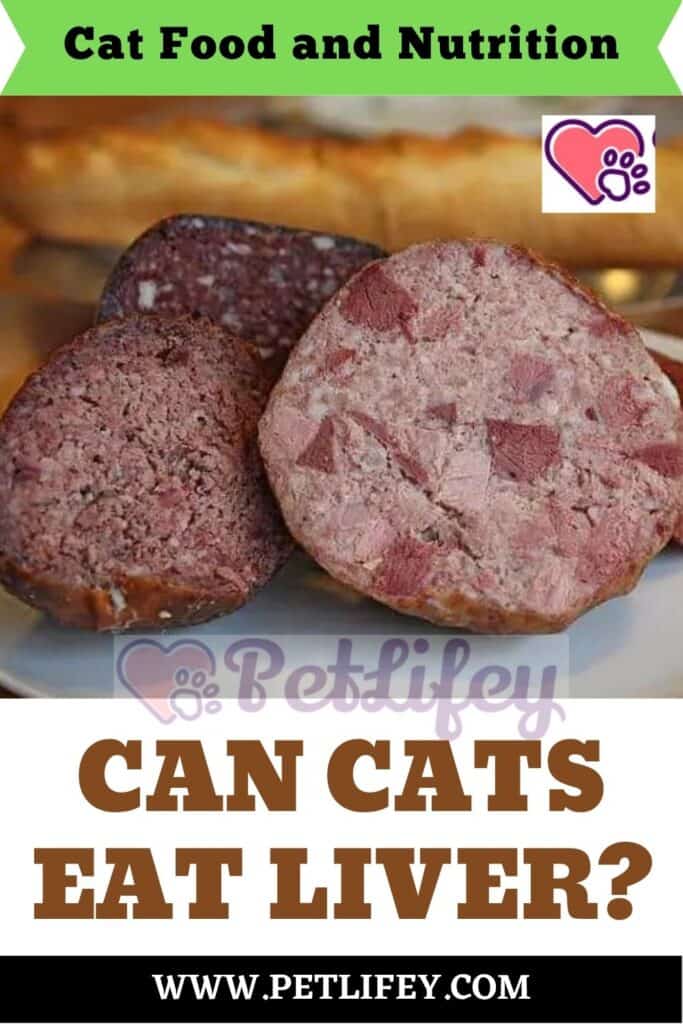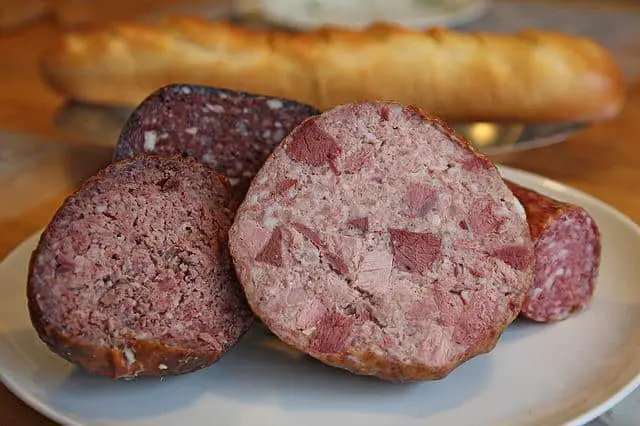
The liver is a nutritious food and as with all foods we ask ourselves if we can give it to a cat. Let’s find out if the cat can eat liver.
Nutrition is as important to us as it is to our beloved feline. But we know that not everything we eat we can also give to the cat, or at least not in the same quantities that we usually ingest.
And at every meal, when we see him approaching in search of some of our food, doubts assail us: can we give it to him? Maybe it’ll hurt him, maybe it won’t, but before we give cat a bite of our lunch we need to be sure he can eat it.
This fundamental rule also applies to the liver: let’s find out this food, if the cat can eat it and what can be the benefits or risks for its health.
Can cats eat liver? What to know
Each food has numerous beneficial properties for us, if we naturally follow a healthy and balanced diet. And among these foods there is the liver: for some it is tasty, for others just a necessity, but in any case it is good for our body.
When we eat liver we are tempted to give some to our cat. But do we know if the cat can eat the liver? Whether this food is good for him or not?
We are responsible for the health of the cat, and it is we, therefore, who have to decide what to make him eat, respecting his dietary needs. If it were up to him, all the more so if he is greedy, he would sling with his muzzle in all the dishes containing the dishes of our lunches.
In fact, a cat is attracted by the scent of a food, by curiosity, he is not aware of the effects it can have on him when he eats a little or when he abuses it.
So, even when we cooked the liver for dinner, before giving a few pieces to the cat we need to know if he can eat it.
The liver is nutritious, rich in proteins, iron and high in minerals and vitamins: it is considered one of the foods with the most nutritional contributions, almost unparalleled.
So it goes without saying that adding it to our diet is important. And in that of a cat? Well, in small doses and not every day, even our cat can eat the liver.
It will bring him the same benefits that it brings to our body, but that “in small doses” must be the fundamental rule to always respect, to avoid causing serious problems to your cat. Let’s analyze the benefits and risks of this cat food.
The liver in cat food: benefits
Having established that the cat can eat the liver moderately, let’s see what are the benefits for his body.
If you have to look at the glass always half full, it is better to start by talking about the benefits that the liver brings to the cat, making a small premise on its previous life as a predator.
We know very well that the cat is a carnivorous animal and when not yet domesticated it hunted prey in order to feed itself (which still happens today if we think of stray cats), obtaining all the substances it needed from their meat.
And by also eating the liver of its prey it assimilated essential nutrients for its organism such as:
- Vitamin A: which helps the immune system, supports the growth and proper functioning of bones, a valid aid also for the teeth, for sight, for tissues and cartilage;
- taurine: an amino acid which is the basis of the composition of proteins. The latter is essential for the cat’s diet, as his body does not produce enough of it, and it is necessary to integrate it into his diet through the right amount of meat, to ensure perfect body development.
The liver is also rich in:
- iron – a valuable aid for the blood;
- copper: which facilitates the absorption of iron, guaranteeing energy;
- calcium: essential for the health of bones and teeth, but also to support various metabolic processes;
- B vitamins: reduce stress by giving the right amount of energy.
It is also a source of vitamins D, E, K, minerals, such as zinc selenium and phosphorus, and magnesium. In short, the liver is an excellent food for cats, an essential source for providing its body with numerous benefits.
Without neglecting the fact that it satisfies its protein needs, essential for cell renewal, for muscle growth, to support the immune system, and more.
Today, it is our job to look after the healthy and balanced diet of the cat, and a little liver cut into small pieces every now and then can do nothing but good.
The risks of the liver for the cat
But, the glass is also half empty, which means that we have to pay close attention to how much liver we feed the cat, for a very important reason that sees vitamin A as the protagonist.
When still a predator, the cat ate small prey, so the amount of liver it ingested was minimal (think of the size of a mouse’s liver, for example). For this same reason, the amount of liver we give them today must also be minimal.
This is because the liver contains vitamin A which, although it is good for the cat, if taken in excessive doses can become toxic for the cat: causing serious health problems, and in rare cases can even lead to death.
Making your cat take too much vitamin A, and then make him eat too much liver and for a long time, would cause him serious problems with his skeletal structure and bones, very painful problems such as:
- bone injuries and deformities;
- growth of bone spurs on the spine and elbows;
- osteoporosis;
- joint stiffness.
These are just some of the serious problems due to a vitamin A poisoning. Accompanied by symptoms such as:
- tiredness;
- decreased appetite;
- excessive weight loss;
- many more.
So it is our job to pay close attention when we feed our cat’s liver. We must not exclude him from his diet out of fear, but be careful about the quantities we make him eat: serving it in the correct way, that is, in small quantities every now and then, will bring only many benefits to the cat, thus avoiding the risks.
Useful tips

The liver in small quantities and not often is good for the cat, but too much is harmful to his body.
And we have to define the right quantities to make him eat: little is synonymous with benefits, too much consists in poisoning our cat.
But in addition to this important “rule”, to prevent the liver from becoming dangerous for our cat we must pay the utmost attention to a further factor: the origin of the liver when we go to buy it.
Choosing only fresh liver derived from grazing animals is a guarantee of excellent quality. In fact, this food will be free of antibiotics and hormones, ideal for the healthy diet of the cat.
How to feed the liver to our beloved feline? We can prefer small pieces of cooked or raw liver, but as long as it is fresh and of controlled urine.
Paying attention to this means loving our cat, but sometimes two eyes are not enough, and if we realize that the cat has been rummaging in the kitchen stealing and devouring all the liver we had bought, it is necessary to take it immediately to the vet.






